Professor Tietao Deng, a lifetime professor at Guangzhou University of Chinese Medicine, enjoys drinking Tea. After getting up in the morning and doing some moderate exercise, he likes to drink a cup of wolfberry chrysanthemum tea, Longjing tea, or Pu'er tea, etc. Drinking tea after getting up in the morning is very beneficial to the body. After a whole night's sleep, a large amount of water is lost through respiration, perspiration through the skin, etc. In addition, people rarely drink water while asleep, so when they get up in the morning, their bodies are in need of replenishment of fluids. At this time, drinking an appropriate amount of flower tea or Green Tea can accelerate blood and qi circulation and play a role in refreshing and waking up the mind.
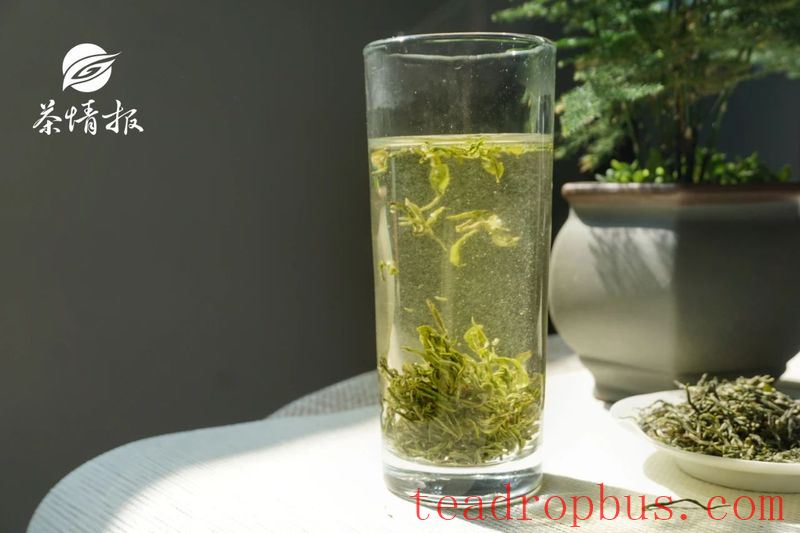
Tea culture
Drinking tea is both a hobby and embodies tea culture. Tea leaves, also known as ming, hence the term “tasting tea,” have been widely popular among people.
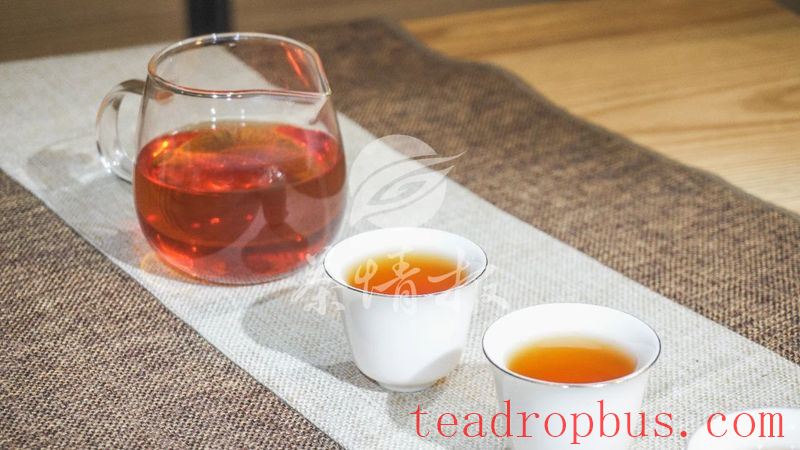
Regarding the origin of tea, there is a folklore story: Legend has it that the divine farmer personally tasted hundreds of herbs to test their medicinal properties. By chance, a few tea leaves were blown into the water he was boiling, and it was discovered that the boiled water had a bitter-sweet taste, emitting a very elegant fragrance. After drinking it, it not only tasted lightly astringent and sweet but could also refresh the mind and make one feel happy. From then on, people began to drink the water made from these leaves, and the history of tea in China began.
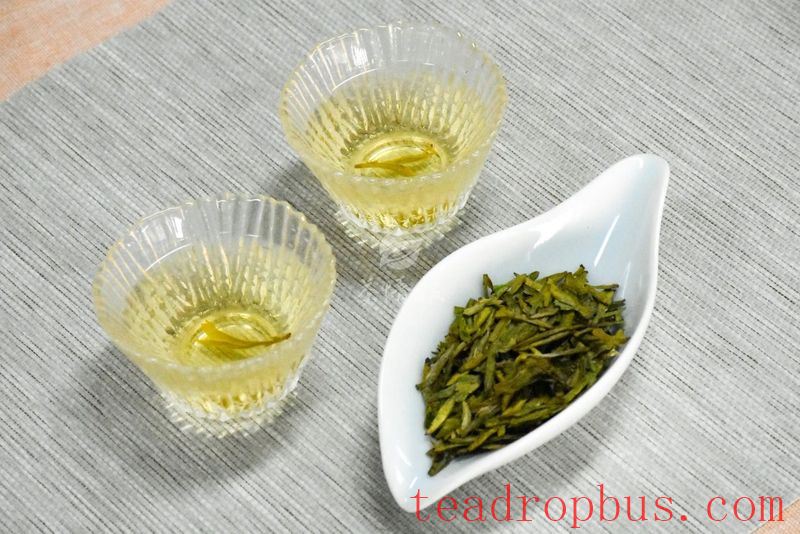
There are many traditional famous teas in China, such as West Lake Longjing, Lushan Cloud Mist, Dongting Biluochun, Huangshan Maofeng, Taiping Houque, Enshi Yulu, Xinyang Maojian, Lu'an Guapian, Tunxi Zhenmei, Laozhu Dafang, Guiping Xishan tea, Junshan Silver Needle, Yunnan Pu'er tea, Cangwu Liubao tea, Zhenghe Baihao Silver Needle, White Peony, Anxi Tieguanyin, Fenghuang Shuixian, etc. The ancients described much about drinking tea. For example, in the first pharmacological monograph, “Shen Nong's Classic of Materia Medica,” it is recorded that “tea tastes bitter; drinking it makes one more thoughtful, less lazy, lighter in body, and clearer in vision.”
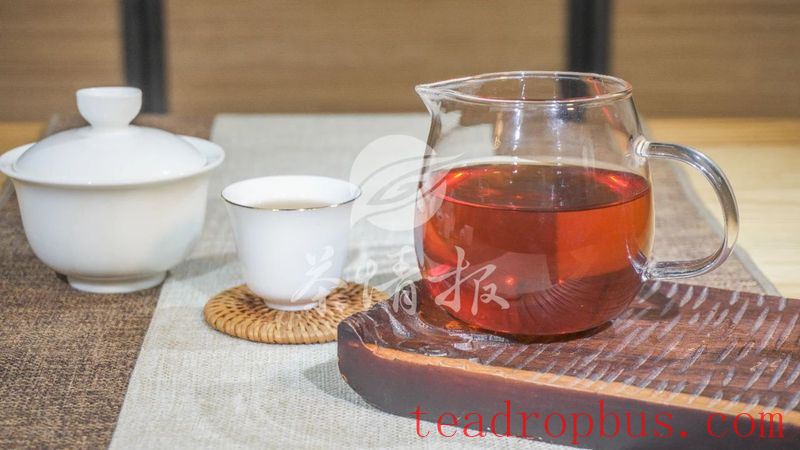
The aroma of tea is pleasant. Amidst modern busy lives, if one can choose a quiet and elegant place, brew a pot of fragrant tea, and sip and drink alone, it can not only eliminate fatigue, invigorate the spirit, and be beneficial to health but also help eliminate idle worries and cultivate one's character during the process of sipping slowly. It can alleviate stress, help gain inner peace, and achieve spiritual enjoyment.
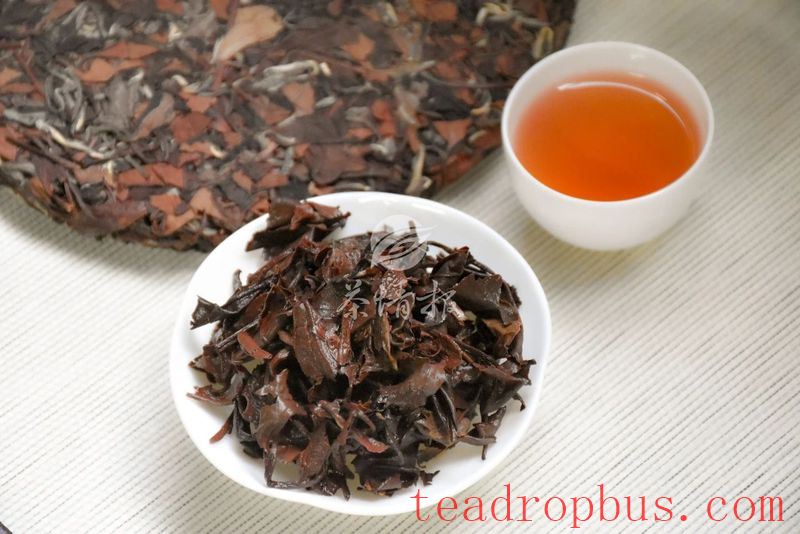
Daily Herbal Tea Remedies for Health Preservation
There are many ways and effects of drinking tea, and different methods of herbal tea have different effects. Here are a few recommended daily herbal tea recipes for health preservation:
Vinegar tea: 5g of tea leaves, 1ml of aged vinegar, steeped in boiling water for 5 minutes. Used for harmonizing the stomach and stopping diarrhea, activating blood circulation, and removing blood stasis.
Sugar tea: 2g of tea leaves, 10g of red sugar, steeped in boiling water for 5 minutes, drunk after meals. Used for tonifying the middle and strengthening the qi, harmonizing the stomach and aiding digestion.
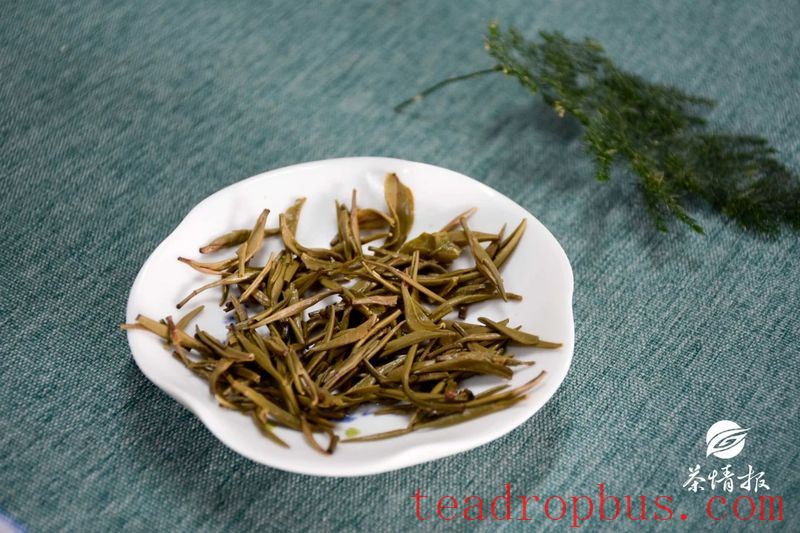
Salt tea: 3g of tea leaves, 1g of table salt, steeped in boiling water for 7 minutes. Used for improving eyesight and reducing inflammation, dissolving phlegm and reducing fire.
Honey tea: 3g of tea leaves, 5ml of honey, served with warm water, drunk after meals. Used for moistening the lungs and benefiting the kidneys, quenching thirst and nourishing the blood.
Orange-red tea: 5g of green tea, 3-6g of orange peel, steeped in boiling water, placed in a pot and steamed over water for 20 minutes. Used for moistening the lungs and eliminating phlegm, regulating qi and stopping cough.
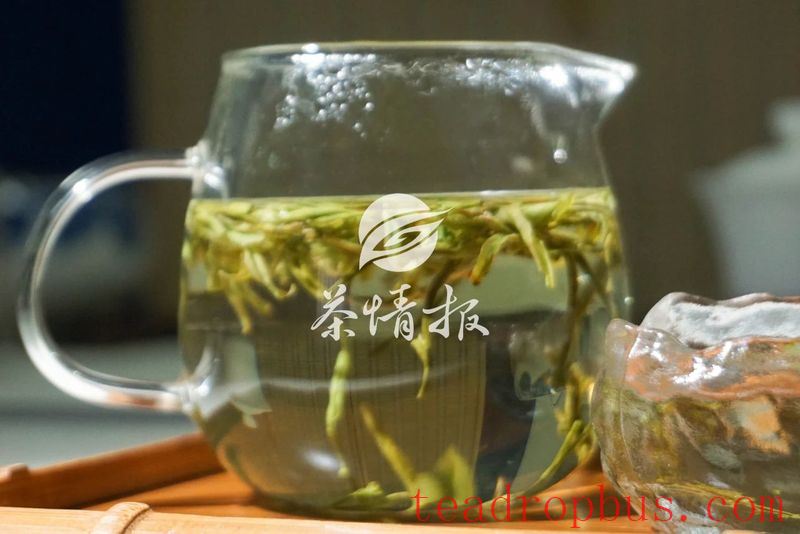
Rice tea: 6g of tea leaves, 100g of rice, boiled with the tea leaves added to the rice. Used for treating abdominal distension and discomfort, indigestion.
Ginger tea: 5g of tea leaves, 10 slices of ginger, boiled together. Used for inducing sweating and relieving the exterior, warming the lungs and stopping cough.
If there are any copyright issues, please contact us to remove them.